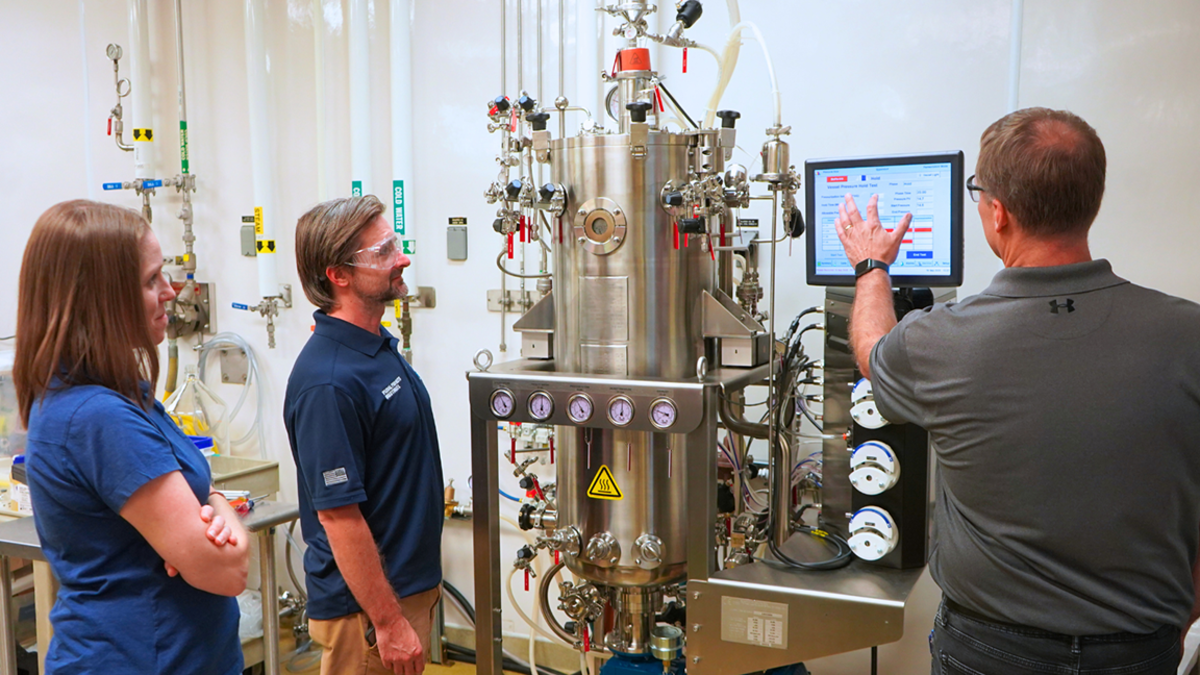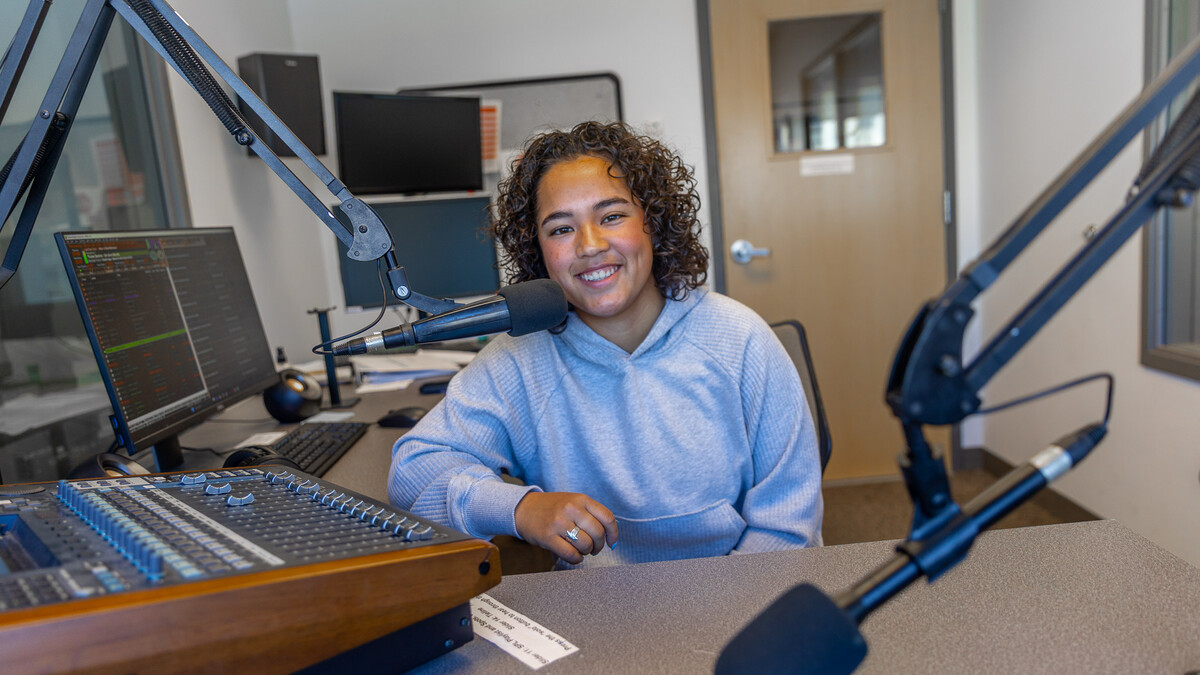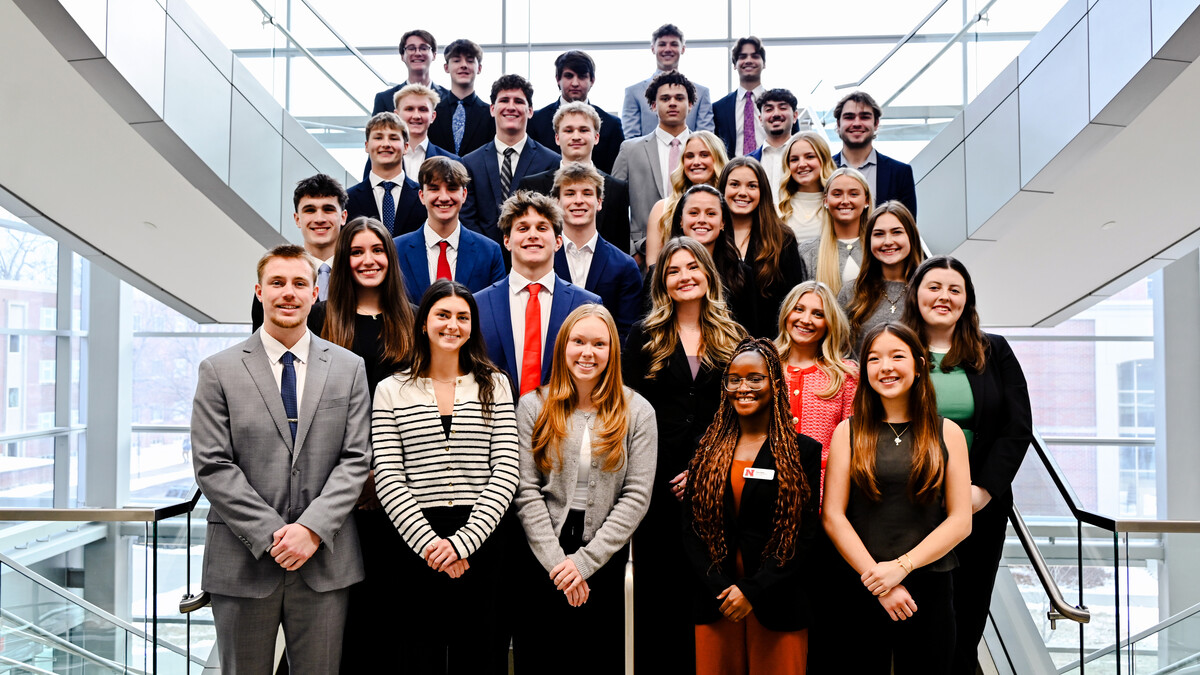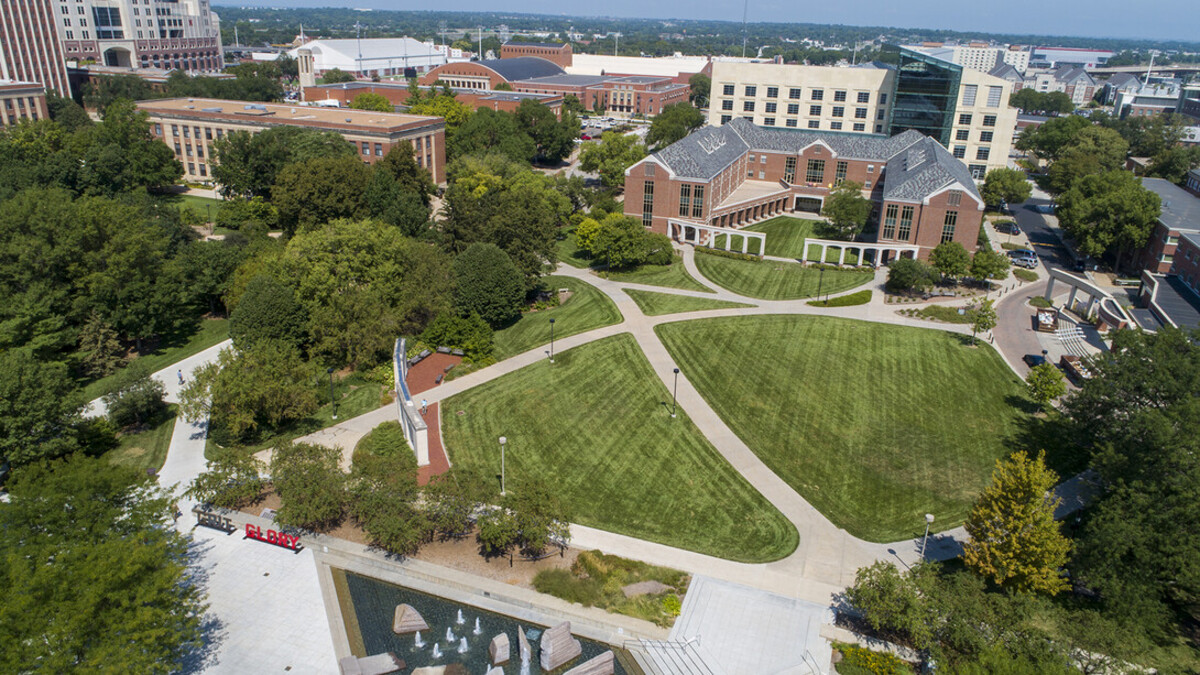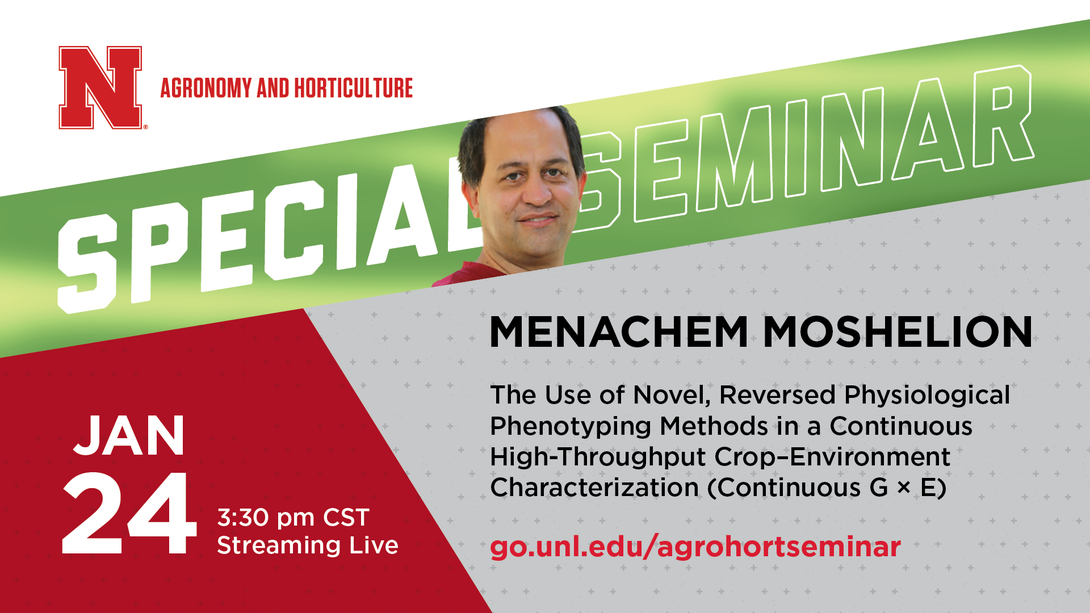
The Department of Agronomy and Horticulture will host a special seminar featuring guest speaker Menachem Moshelion on Jan. 24. Moshelion will present “The Use of Novel, Reversed Physiological Phenotyping Methods in a Continuous High-Throughput Crop–Environment Characterization (Continuous G × E).”
This seminar will be streamed live from Israel here at 3:30 p.m. CST.
Moshelion will discuss how this study demonstrates that continuous quantitative measurements of whole-plant (tomato) physiological traits can explain functional differences in their stomatal density and diurnal aperture, as well as their yield under field conditions. Idiotype lines have highly plastic stomatal-conductance, high ratio of abaxial-adaxial stomatal density and early daily aperture.
Moshelion is an associate professor in plant sciences and genetics in agriculture at The Robert H. Smith Faculty of Agriculture, Food and Environment at The Hebrew University of Jerusalem, Rehovot, Israel. He is a molecular physiologist interested in elucidating the molecular and cellular mechanisms controlling whole-plant water-use efficiency, water-potential homeostasis and crop productivity, under normal and abiotic stress conditions.
The seminar was organized by Nebraska’s Harkamal Walia, Marc Libault and Kaye Wolfe of the Department of Agronomy and Horticulture and Yufeng Ge of the Department of Biological Systems Engineering.

